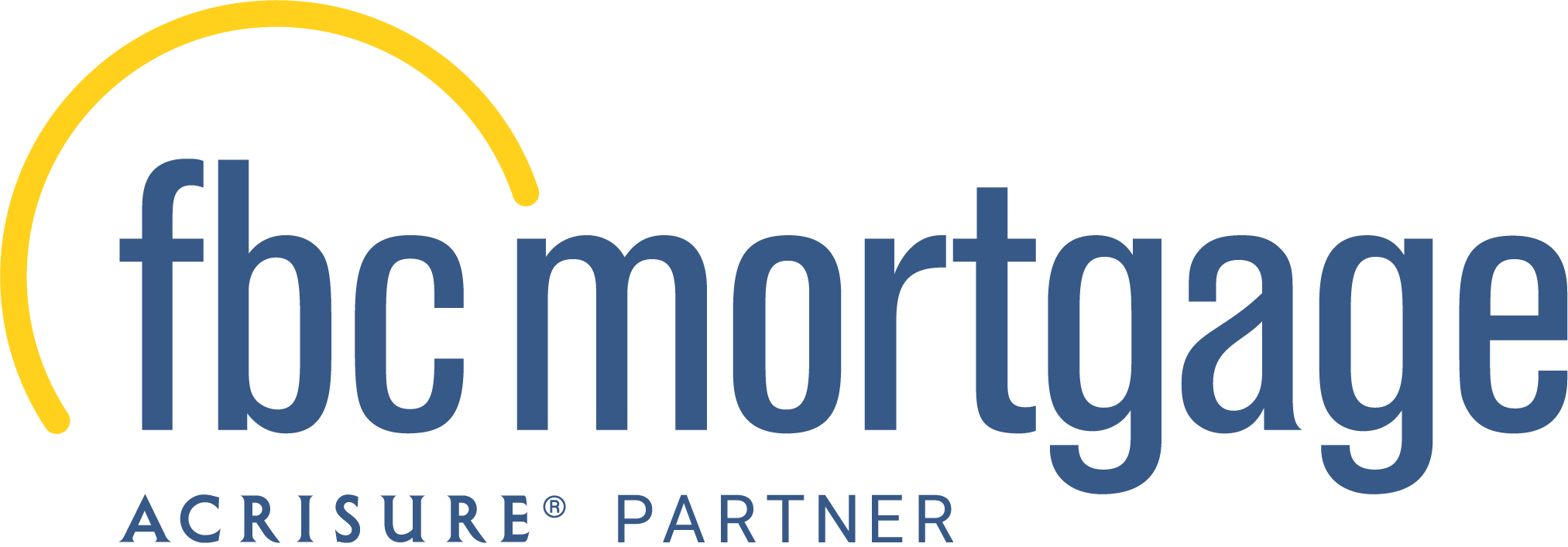When the Federal Reserve cuts rates, many assume that mortgage rates will follow suit. But if you’re in the market for a home, you might have noticed that mortgage rates have not immediately decreased, leaving you wondering why. The Fed’s rate cut decision does not directly control mortgage rates. Instead, it influences other economic conditions, which could impact the mortgage market. In this article, we’ll look at the relationship between the federal funds rate and mortgage rates and the potential outlook for both.
Make your homeownership dreams a reality.
Take the first step and apply online with FBC Mortgage.
Make your homeownership dreams a reality.
Why Did The Fed Cut The Base Rate?
In September, the Federal Reserve noted that economic activity has continued to expand at a solid pace. “The U.S. economy is in a good place,” Fed Chair Jerome Powell said, “and our decision today is designed to keep it there.” Due to positive progress in the economy, the Fed cut the federal funds rate by .5%, or 50 basis points. The main factors that played a role in this decision where:
- Low unemployment: The unemployment rate is still below the national average, indicating a strong labor market.
- Inflation nearing target rate: Inflation is approaching the Fed’s goal of around 2% while maintaining economic stability.
These improvements gave the Fed confidence to lower rates, making borrowing money cheaper and helping to stimulate further economic growth.
How Does The Fed’s Rate Cut Impact Mortgage Rates?
While the Federal Reserve’s decision to cut the benchmark interest rate can impact mortgage rates, the relationship is not always direct or immediate. The benchmark rate influences the overall borrowing environment, economic outlook and investor response, which can lead to changes in mortgage rates. Although mortgage rates did not immediately decrease following the Fed’s rate cut in September, they had already fallen by about half a percentage point in July and August in anticipation of the Fed’s action.
The effect of a Fed rate cut varies depending on the type of mortgage:
- Fixed-rate mortgages are less directly affected by Fed rate cuts but may decline over time.
- Adjustable-rate mortgages (ARMs) are more directly affected, as they are often tied to short-term rates that closely follow the federal funds rate.
A Fed rate cut can also have broader influence on the housing market, including:
- Increased Buyer Demand: Lower rates can boost homebuyer interest and lead to more competition and higher home prices.
- Increased Refinancing Opportunities: Current homeowners can refinance to lower rates.
- Increased Buying Power: Lower rates help borrowers to qualify for larger loans.
When Is The Next Fed Rate Cut?
According to most economists, the Fed is expected to cut rates two more times before the end of the year, with one meeting in November and another in December. These rate cuts are predicted to be around 0.25% to 0.5%. Jerome Powell has indicated that we could see more rounds of rate cuts continuing into 2025.
However, while the Fed may keep lowering the base rate, mortgage rates won’t necessarily follow a straight downward trajectory. In fact, most economists predict that mortgage rates will remain volatile in the coming months, fluctuating up and down before ultimately trending lower over the next 6-18 months.
Should You Wait For Lower Mortgage Rates?
The idea of lower mortgage rates may be tempting, but waiting may not always be a great strategy. Lower rates can improve affordability, but while rates may decrease, home prices may rise, which could offset the savings. Rates can change quickly in a volatile market. If you find a good rate, it could be better to lock it in rather than waiting for further rate cuts. You may also find some peace of mind with a rate float down, which lets you benefit from a lower interest rate if rates drop while you’re locked in.
Mortgage rates are influenced by a variety of factors, and timing the market can be tricky. Reach out to one of our licensed Mortgage Loan Originators to discuss your unique situation and get prepared to seize the opportunity that’s right for you.
Ready to learn more?
Connect with one of our loan officers in your area today.
Ready to learn more?
Why Choose FBC Mortgage?
FBC Mortgage, LLC is a leader in helping home buyers with fast and simple loans. We’re dedicated to exceptional customer service and are always available when you need us most, even at night and on the weekend. We’ll help you navigate your new home purchase, and keep you updated along the way with weekly check ins, so you know you’re taken care of. That’s one of the many reasons why 95% of our clients would recommend us to their friends and family. It’s also why the nation’s top home builders and Realtors trust FBC to help their new home buyers.
Buying a home is one of the most important financial decisions you will make. Understanding mortgages and the home buying process can help make it less stressful, and so can partnering with a mortgage lender you can trust. At FBC Mortgage, LLC, we’re dedicated to helping home buyers finance their dream home.
All information presented is for educational purposes only and not intended as financial advice. FBC Mortgage, LLC is a national mortgage lender headquartered in Orlando, Florida. Specializing in residential mortgage lending, including purchase, refinance, construction, and renovation loans. See what our clients have to say. NMLS#152859 EHL ©2024.

FBC Mortgage Officially Rebrands as Acrisure Mortgage July 1, 2025
Whether you’re looking to establish permanent residence, purchase a vacation home, or invest in U.S. real estate, Foreign National loans can help you achieve your goals.

Home Financing for Foreign Nationals
Whether you’re looking to establish permanent residence, purchase a vacation home, or invest in U.S. real estate, Foreign National loans can help you achieve your goals.

Maximizing Your Home Equity
Homeownership comes with many advantages. Explore three ways to maximize your home equity: Home Equity Line of Credit (HELOC), Home Equity Loan (HELOAN), and Cash-Out Refinance.




















